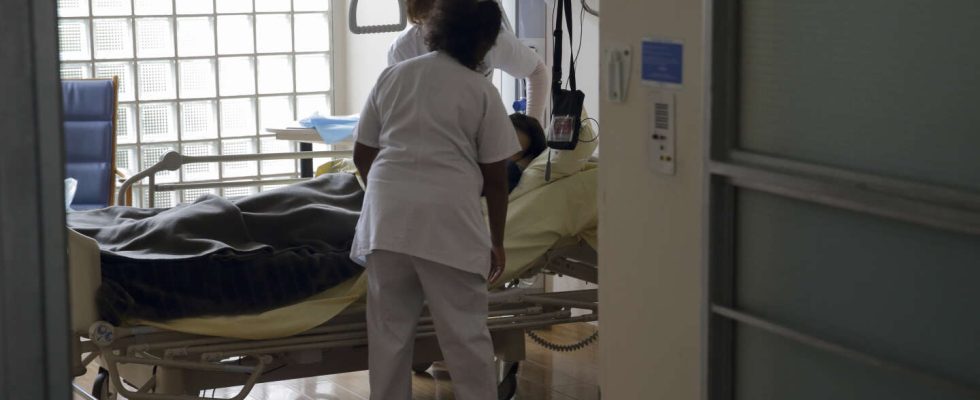No, the patient’s treating physician will not, in any case necessarily, be systematically consulted before the decision. The law provides a precise outline for examining a request for assistance in dying: the request must be made to a doctor. It is not specified which one. This can be the attending physician, the nursing home doctor, or even the patient’s specialist… This doctor must obtain the opinion of another doctor “who doesn’t know the person”, and who must be a specialist in the pathology, if the first doctor is not. Finally, a second opinion is required: that of a paramedical professional (a nurse, a caregiver, etc.) who works with the patient, or, by default, of another paramedical health professional. In the end, it is the first doctor who, informed by these two opinions (and possibly after consulting other caregivers), decides, within fifteen days, whether the person meets the required conditions.
This is an important question which is being debated among doctors, to know the most relevant format for assessing criteria such as the vital prognosis engaged in the short or medium term. Both the general practitioners and the specialists with whom we were able to speak highlighted the fact that the specialist who follows the patient, along with the attending physician, would be the most legitimate for this.
Other questions are nevertheless raised, in the opposite direction: will the bond that may have been developed with a patient not harm the greatest possible objectivity? Furthermore, what will happen if the treating doctor or specialist who follows the patient is one of those who does not wish to participate in an assisted dying process? Should we not therefore open up this assistance in dying, so that it is accessible to all, to other doctors, as provided for in the text at this stage?
The format of the “medical” decision should, without doubt, be widely discussed in the coming months. Behind this, there is also the issue of the responsibility to be assumed, for the caregiver(s), which arises.


Emmanuel